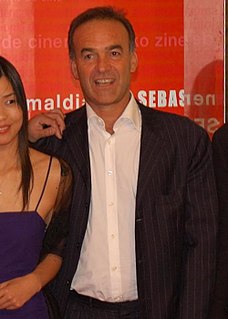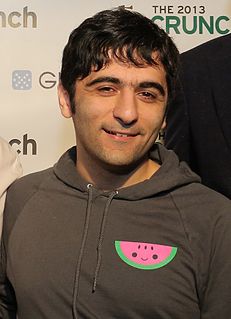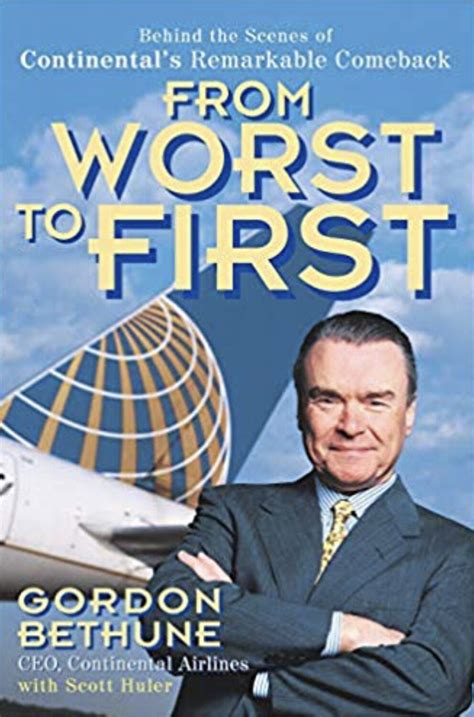A Quote by Mark Zuckerberg
There are people who are really good managers, people who can manage a big organization, and then there are people who are very analytic or focused on strategy. Those two types don't usually tend to be in the same person. I would put myself much more in the latter camp.
Related Quotes
You know so many documentaries now are very carefully scripted before you start, and then people are sort of put in chairs which are beautifully lit, and they tell their stories and you do that with another 10 people and you then construct a story from what they say. You do a sort of paper thing, and then you put some images in-between, and that's your film. And that's so not what I think is a good documentary. It can be so much more than that, it should be much more of an adventure and much more uncertain... like real things are.
And I thought about how many people have loved those songs. And how many people got through a lot of bad times because of those songs. And how many people enjoyed good times with those songs. And how much those songs really mean. I think it would be great to have written one of those songs. I bet if I wrote one of them, I would be very proud. I hope the people who wrote those songs are happy. I hope they feel it's enough. I really do because they've made me happy. And I'm only one person.
I think all senior politicians tend to be rather more subtle then the commentators would have it. It is a natural tendency for human beings to try to classify. We all have this classification urge - so and so is such and such, that person is in that camp - but look, most sophisticated people defy stereotype.
If we write our laws and design them around the most privileged members of society, i.e., billionaire football team owner, then we forget about the people who don't have the same resources to make an appeal, to fight a wrongful accusation. Those tend to be members of the LGBT community and people of color because those are the people who tend to engage in the work of reappropriation to subvert discrimination. And yet those are the same ones being denied, based on their own identities.
But I like to think that a lot of managers and executives trying to solve problems miss the forest for the trees by forgetting to look at their people -- not at how much more they can get from their people or how they can more effectively manage their people. I think they need to look a little more closely at what it's like for their people to come to work there every day.
In any bureaucratic organization there will be two kinds of people: those who work to further the actual goals of the organization, and those who work for the organization itself. Examples in education would be teachers who work and sacrifice to teach children, vs. union representative who work to protect any teacher including the most incompetent. The Iron Law states that in all cases, the second type of person will always gain control of the organization, and will always write the rules under which the organization functions.




































